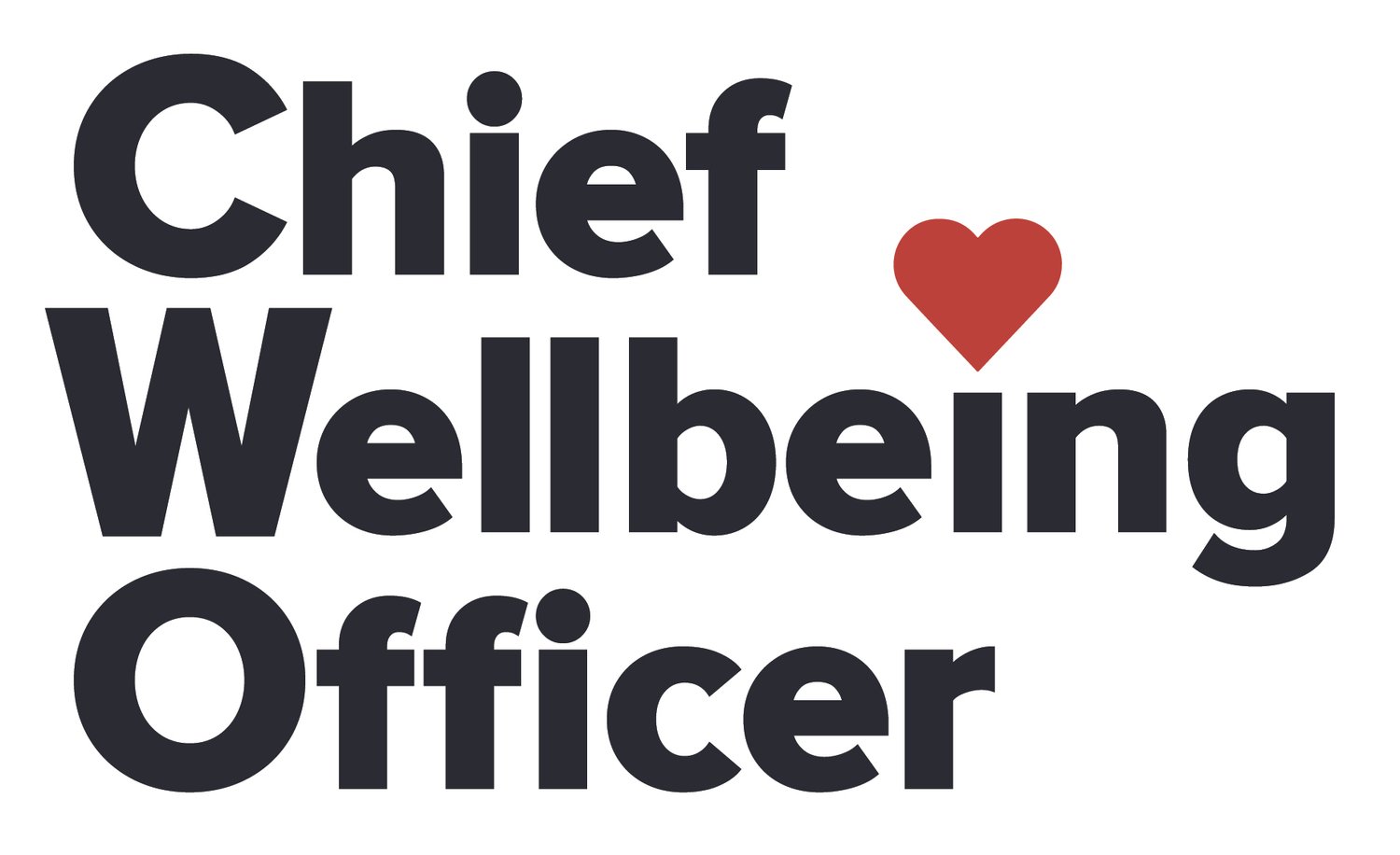Possessions
What are your most prized possessions?
Perhaps you think of the things with most monetary value, or objects that mean something on a more sentimental level. Maybe you think of yourself as someone who prefers not to value the materialistic parts of life.
I can connect with all these points of view, but let me reframe the questions slightly.
What would leave you most devastated if you were to lose it?
For me, near the top of the list is an 11-year-old empty crisp packet. Let me explain.
In August 2011 my father-in-law drove my wife and I to a friends wedding. He stopped at a petrol station and, while he was filling the car, I bought a packet of crisps (or ‘potato chips’ to my American friends). Specifically beef flavour Hula Hoops, a particular favourite during my student years.
Upon finishing I tied the empty packet in a knot (which I always do with such packaging) and left it in the boot of his car. My father-in-law is a bit of a neat freak, and very proud of his car, so I knew this would get a rise out of him, and I enjoyed the practical joke.
The next week to my surprise I found the packet in one of my shoes. And so began a more than decade long game of passing the Hula Hoop packet.
This is a game that is never spoken about. You either have it in your possession and are waiting for an opportunity to pass it back, or are very smug in the knowledge that the other person has it.
I’ve found the packet in suitcases and pillowcases. I’ve hidden it in socks and drawers. Sometimes it’s discovered the next day, sometimes a few months (or even ‘COVID’ years) pass.
That packet has made countless trips across Europe (my father-in-law lives in Scotland, I live in Spain) and my wife and mother-in-law are now active co-conspirators.
As adults we tend to become obsessed with the details of life, the goals and pressures, sometimes forgetting about the big picture — the experience of life and simply enjoying the journey.
I had a busy week last week. Things were going well but in hindsight I became a bit too serious. My father-in-law made a short trip to visit, his first in almost 3 years. We spent some time together, but not much. I had a lot of things to do.
The day after he left I was getting dressed, unfolded a t-shirt — and yes, you guessed it — the Hula Hoop packet popped out.
I burst out laughing.
It was a timely reminder to keep fun and games an ever present in my life. Not to get too serious. And I’m now busy plotting for the packet to make the return trip.
The most inexpensive objects of artefacts can therefore be the most precious, because of what they represent. They connect us to a previous time, a special memory, perhaps a cherished person who may no longer be with us.
In an increasingly virtual world physical artefacts play a more important role. They take on symbolism and a deeper meaning when we tend to be overwhelmed by online noise. They also connect us to rituals.
Rituals are more than habits or behaviours. They are imbued with meaning and purpose. They satisfy deep-lying needs. We may talk of rituals within the context of religion or history, but might not readily associate them with our own life and work, our day-to-day.
Don’t forget, though, that our pre-pandemic world of work was full of ritual. There was that early morning commute or the afternoon watercooler catch-up. Maybe you had a regular Friday celebration with the team afterwork or a scheduled lunch with peers. All served a purpose. All disappeared, at least temporarily.
Perhaps we have since found that we miss some of these rituals and not others. Maybe there are some that we didn’t expect to miss, like how the trip to and from the office served as an important transition ritual between home and work and gave us the best chance of being present in both places.
Let me give you another simple example of an artefact driving a ritual.
I have a manual coffee grinder. I get up early and grind coffee. I’m never yet fully awake and grinding coffee by hand is hard work. I could pop in a coffee capsule and make my life easier, but I love the details of this morning ritual. There is a special moment when I begin to smell the freshly ground coffee and hear it slipping out of the stainless-steel grinder as I empty it into the coffee filter.
What rituals are important for you? What purpose do they serve? Which artefacts or objects are important for these rituals?
We shouldn’t be defined by what we own or possess, yet we are defined by what we do and where we find meaning. Start bringing a deeper level of meaning to the artefacts around you. I think it will help elevate your experience of life and overall wellbeing.
And it doesn’t always have to make complete sense. Take it from someone who is always trying to get rid of an 11-year-old empty crisp packet, but would be devastated if it were ever lost.

